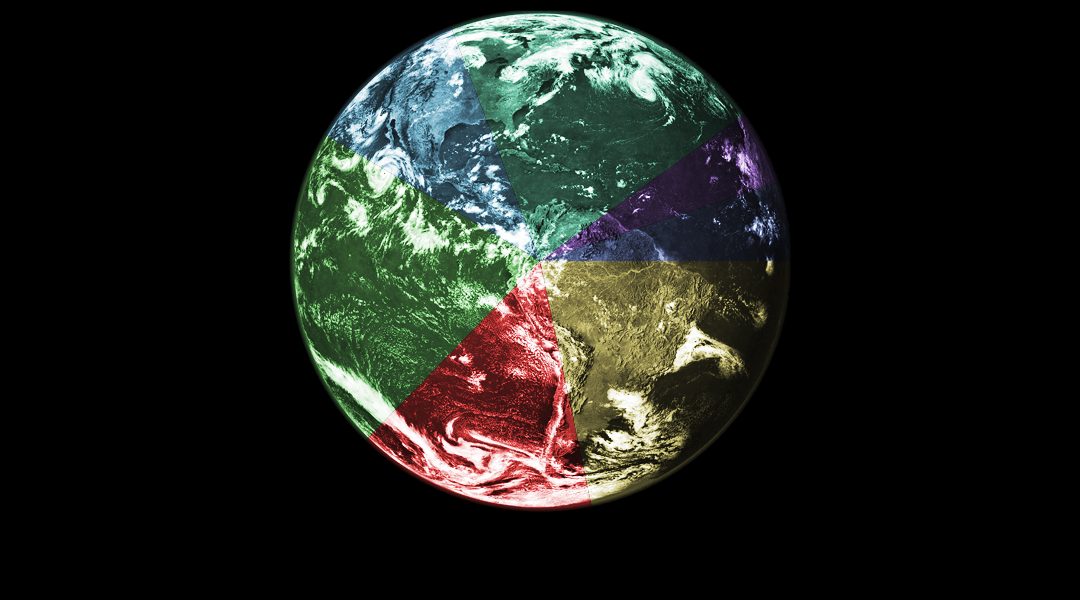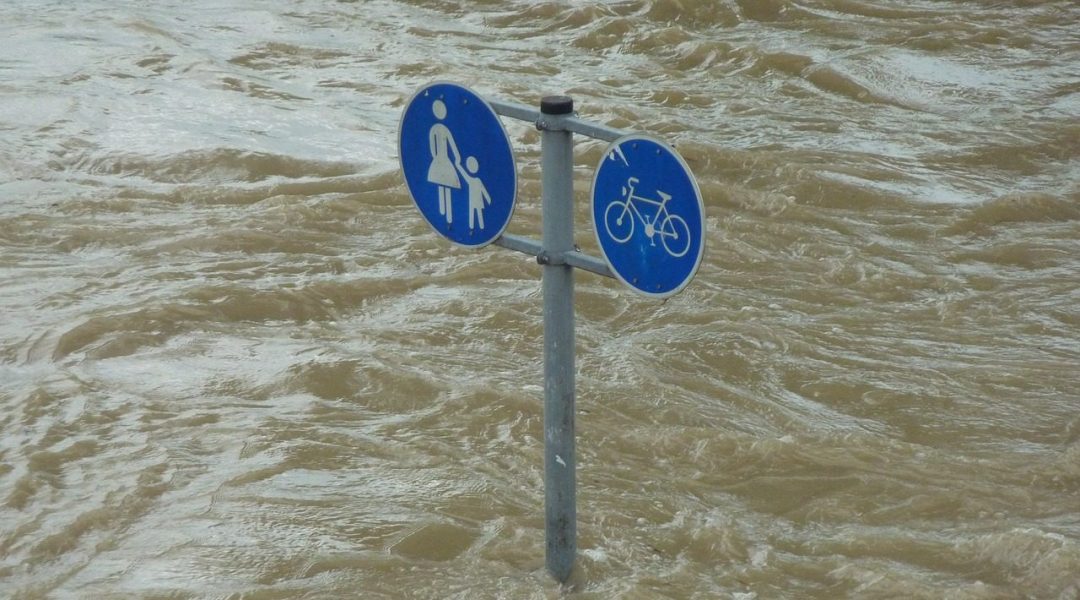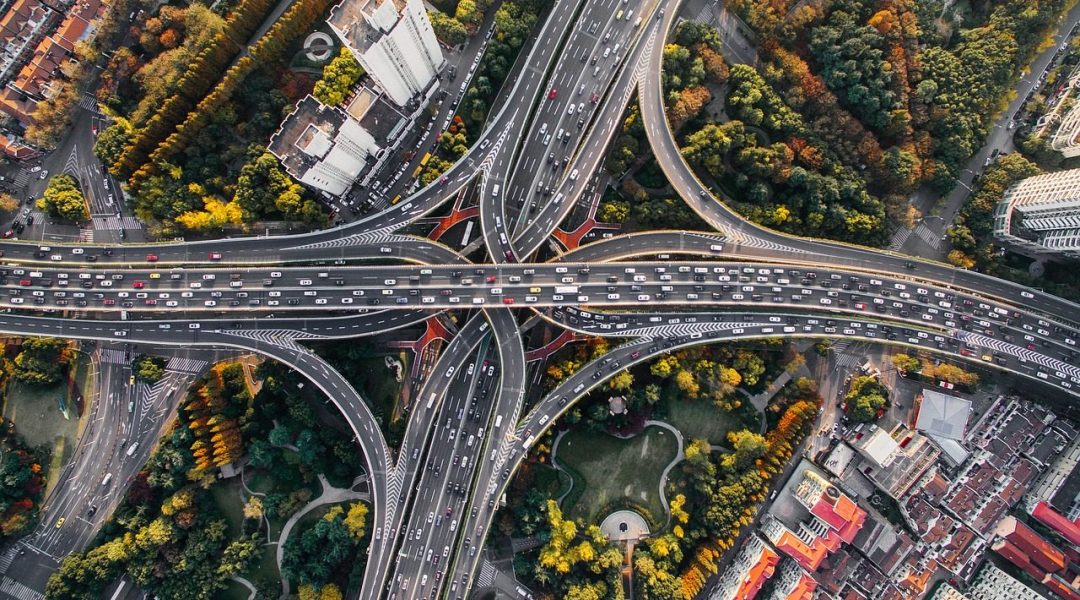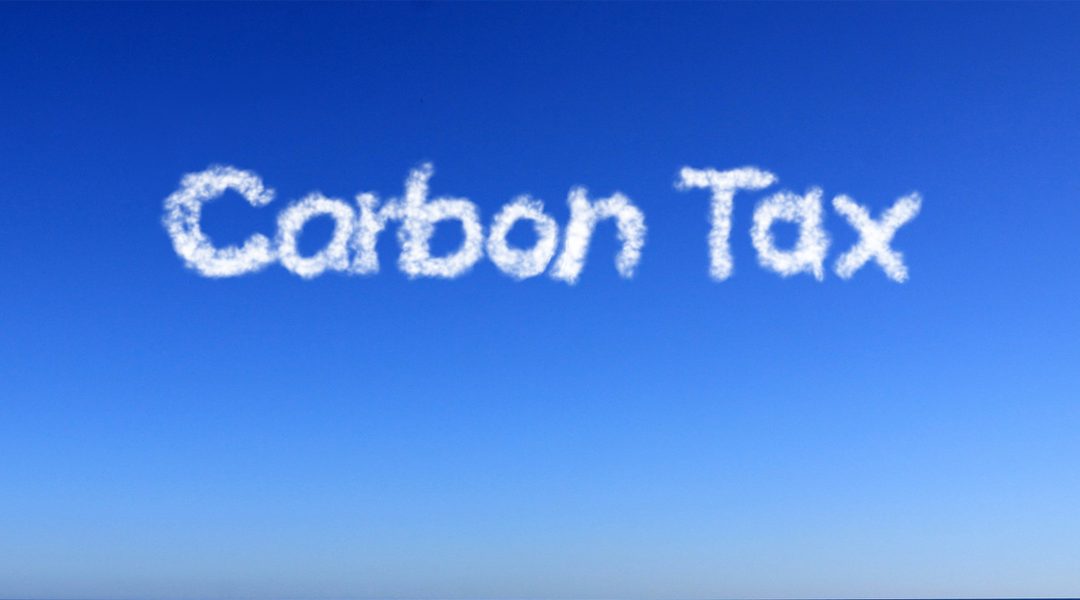A case on expanded research agenda on social contracts is made, arguing they can help identify and then situate the competing interests, voices and expectations at work in adaptation decision-making – an understanding that could help improve the equity outcomes of negotiated and imposed risk management settlements.
















